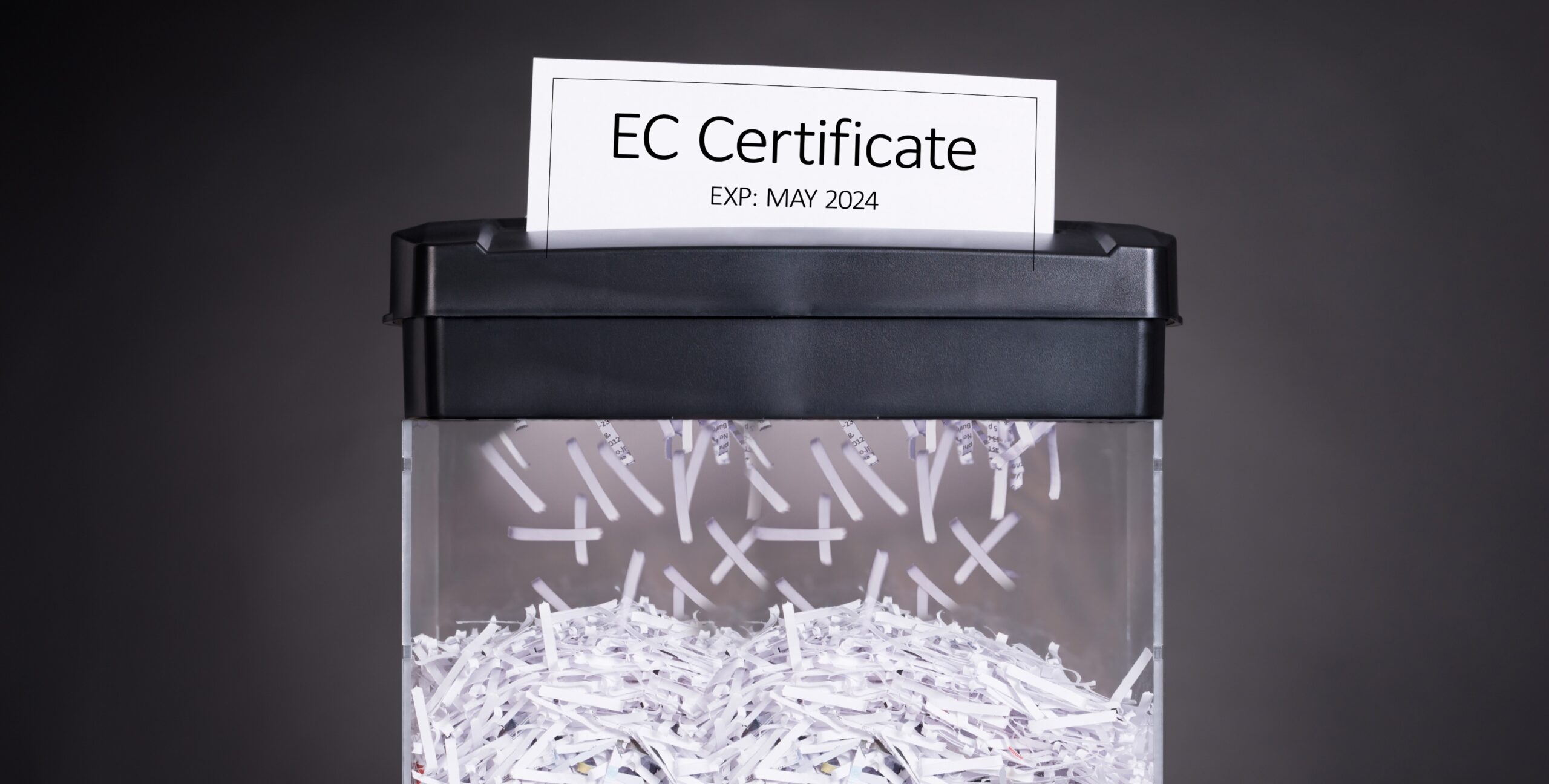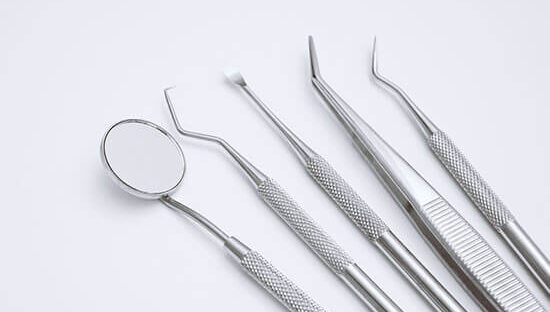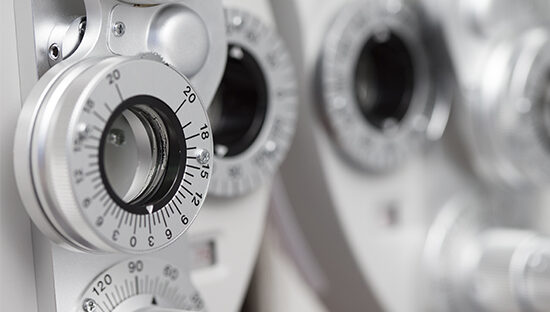
What is the current status of the EU MDR?
The Regulation (EU) 2017/745 (MDR) was established to outline a more robust system of conformity assessments for medical devices placed on the EU market and has been applicable since 26 May 2021. This regulation was introduced to replace the previous medical device directives, with Article 120 outlining the transitional provisions including the end of the transition period being 26 May 2024. However, due to insufficient capacity of notified bodies and manufacturers not being sufficiently prepared to meet the strengthened requirements of the MDR before the end of the transition period, the European Commission have now adopted a proposal to extend this deadline.
This proposal now needs to be adopted by the European Parliament and the Council through an accelerated co-decision procedure but could see the transition period for higher risk legacy devices being extended to 31 December 2027 and a year later for medium and lower risk devices. However, this extension will be subject to certain conditions to ensure only devices that are safe and for which manufacturers have already taken steps to transition to the MDR will benefit from the additional time.
What are the reasons for the transition period extension proposal?
At present only 43 notified bodies are designated under the MDR to perform conformity assessments, with a further 26 currently being processed. As of October 2022, only 1,990 certificates (out of 8,120 applications) had been issued in accordance with the MDR due to the current 12-18 months turnaround being reported. Notified bodies estimate that only around 7,000 certificates would get issued buy the 2024 deadline if there are no changes to the current conditions. In comparison, there are roughly 21,000 valid certificates issued under the old directives meaning that it is believed it would possibly take until the new proposed deadline of 2027 to transition all of these certificates across. This proposal from the European Commission aims to avert the risk of shortages of medical devices across the EU and ensure there continues to be access of safe medical devices.

Will my EC certificate automatically be extended to the new deadline?
Short answer is No. The new proposal outline specific conditions required and must be fulfilled in order to allow more time for the conformity assessment procedures to be completed in accordance with the MDR.
The proposal does outline details around the extension deadlines with staggered deadlines based on risk classification to ensure a product can be placed on the EU market or put into service until the following dates set out:
- 31 December 2027, for class III devices and for class IIb implantable devices, except sutures, staples, dental fillings, dental braces, tooth crowns, screws, wedges, plates, wires, pins, clips and connectors;
- 31 December 2028, for class IIb devices other than those covered above, for class IIa devices, and for class I devices placed on the market in sterile condition, having a measuring function or reusable surgical instrument.
However, to not compromise public health or patient safety, the application for the extended transition period is subjective to several cumulative conditions which all medical device manufacturers must meet. As already listed as a condition of the MDR transitional provisions, the device must continue to comply with the medical device directives and cannot undergo any significant changes in the design and intended purpose. In addition to this, the following conditions will be required:
- As part of complying to the medical device directive, the device can not present an unacceptable risk to the health and safety of patients, users or other persons, or to other aspects of the protection of public health. Devices with EC certificates issued against the directives will continue to be under ‘appropriate surveillance’ either by the notified body who issued the certificate or the manufacturer can agree with a notified body designated under the MDR to become responsible for this. Although, if a competent authority finds that a device presents an unacceptable risk, the transition period will cease to apply for that device
- No later than 26 May 2024, the manufacturer, or its authorised representative, must lodge a formal application in accordance with Annex VII in order to have a signed written agreement in place by 26 September 2024. This condition aims to ensure that only devices that manufacturers intend to transition to the MDR will benefit from the extended transition period.
- Lastly, the manufacturer must put in place a quality management system in accordance with Article 19(9) of the MDR no later than 26 May 2024.
These conditions aim to ensure that manufacturers gradually move towards full compliance with the MDR requirements. Although no verification from a notified body is required at this stage (other than the surveillance already required by the medical device directives) by submitting the application for conformity assessment to a notified body the manufacturer implicitly confirms that its systems are compliant with the MDR. The contract that must be in place by September 2024 made between the notified body and the manufacturer will include clear terms and conditions and the obligations that enable the notified body to act as required under the MDR, including the right to suspend, restrict or withdrawn certificates issued. This means that manufacturers can’t just determine that they will continue to delay their processes in becoming compliant with the new regulations in place, thinking they have a further 3 years to worry about it. If you don’t fully comply with the above requirements, and do nothing, your expiring MDD CE certificate won’t be extended.





